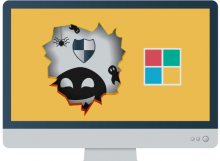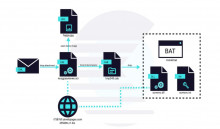‘Wormable’ Flaw Leads January 2022 Patch Tuesday
Microsoft today released updates to plug nearly 120 security holes in Windows and supported software. Six of the vulnerabilities were publicly detailed already, potentially giving attackers a head start in figuring out how to exploit them in unpatched systems. More concerning, Microsoft warns that one of the flaws fixed this month is “wormable,” meaning no human interaction would be required for an attack to spread from one vulnerable Windows box to another.













































































